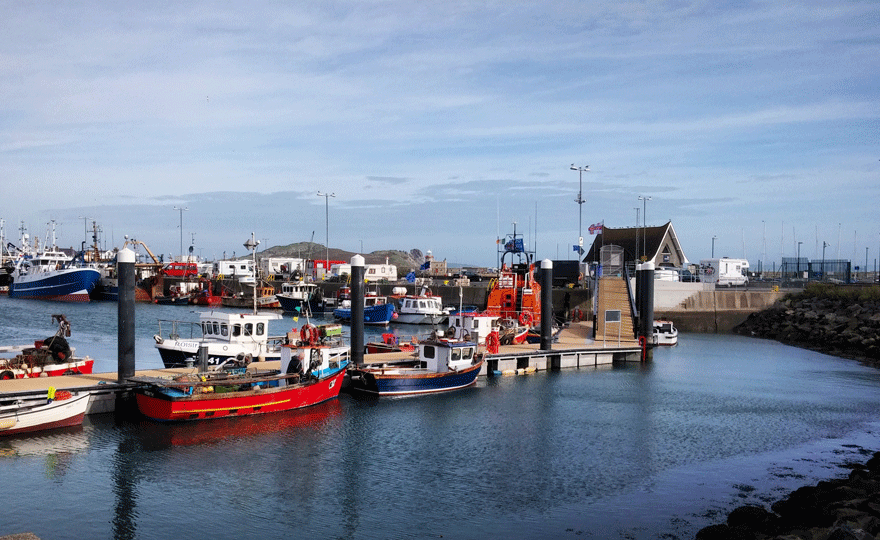ClientEarth Communications
9th October 2018


The health of Europe’s fisheries in the north-east Atlantic is at stake after a European Parliament committee decided today to postpone the recovery of fish stocks in that area.
Legal experts from environmental law charity ClientEarth have condemned the result of a vote for the multi-annual plan for western waters fisheries, in which MEPs agreed to ditch the objective of the Common Fisheries Policy to end overfishing by 2020.
The western waters area stretches from Portugal to the Atlantic coast of Spain, across to France, the United Kingdom and Ireland. Forty-one per cent of fish stocks assessed in this zone is currently subject to overfishing.
Alain Cadec, chair of the fisheries committee and rapporteur on that file, with support from some other MEPs, had called for postponing the policy deadline of 2020. ClientEarth argued this undermined EU fisheries law, risked stock depletion or collapse and would be negative for fishers and consumers in the long-term.
ClientEarth lawyer Klaudija Cremers said: “Today’s vote to postpone the recovery of fish stocks is an extremely poor decision. It seriously undermines the objectives of the Common Fisheries Policy and creates an unequal level playing field with other European fisheries zones, which have already agreed on reaching sustainable fishing targets.
“Even if it is difficult for some sea regions to meet the 2020 deadline, having such targets provides a strong incentive to the fishing industry to improve their practices. There is no good reason – scientifically, environmentally or economically – to simply give up at this stage.
Help us fight for your environment - make a donation
“Of similar concern, the MEP vote would allow fishing in banned areas under certain conditions. They also agreed to put an expiration date to the rules managing fishing quotas, risking a legal limbo as a result.”
In 2013, the European Parliament overwhelmingly voted for a reformed Common Fisheries Policy that would end overfishing by 2020 at the latest.
Multi-annual plans such as the one covering the western waters are supposed to follow Common Fisheries Policy objectives. If implemented and monitored effectively, the plans provide a chance for fish stocks to recover by setting science-based catch limits and objectives while enabling fishers to better plan for the future.
Following this decision by the Parliament’s fisheries committee, the western waters multi-annual plan is expected to be voted on in the plenary session of the Parliament in November.
Cremers added: “We call on the Parliament to correct this catastrophic outcome and make sure the western waters multi-annual plan follows the principles of the Common Fishery Policy, respects EU law and supports environmentally and economically sustainable fisheries for the industry.”